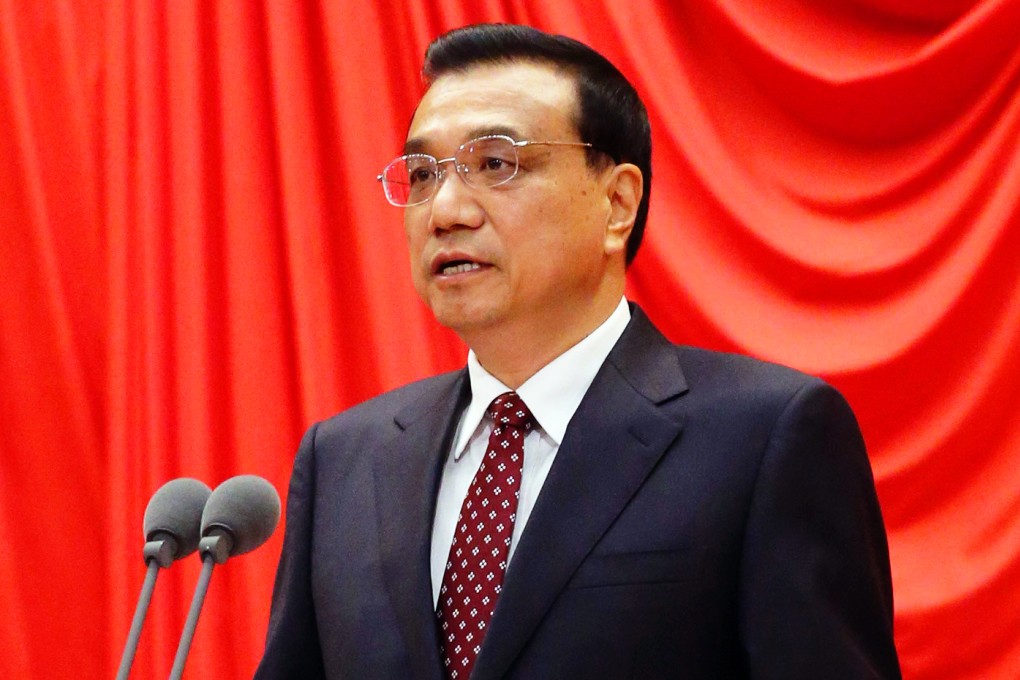China's Premier Li Keqiang lets fly at officials over delays in implementing tariff cuts for consumer goods
Li tells bureaucrats trial run of policy for consumer goods must start by end of June

Premier Li Keqiang has again shown impatience over bureaucratic delays, ordering officials to speed up trials on cutting tariffs for consumer products.
In what was at least the third time this month that Li had called for reforms to be implemented more quickly, a statement on the government website yesterday highlighted his growing frustration at bureaucracy delaying social and economic reforms.
When Li asked at Tuesday's State Council meeting how soon trial reductions of import tariffs could be launched, officials said they could not happen until August, because they needed to be discussed among various departments.
"That is too slow," Li was quoted as saying.

The State Council said tariffs would be cut for high-demand imported products in an attempt to boost domestic consumption after China's economic growth slowed to 7 per cent in the first quarter of this year.
Li has lashed out on at least two previous occasions this month at bureaucrats who delay important tasks such as risk assessments for development projects.